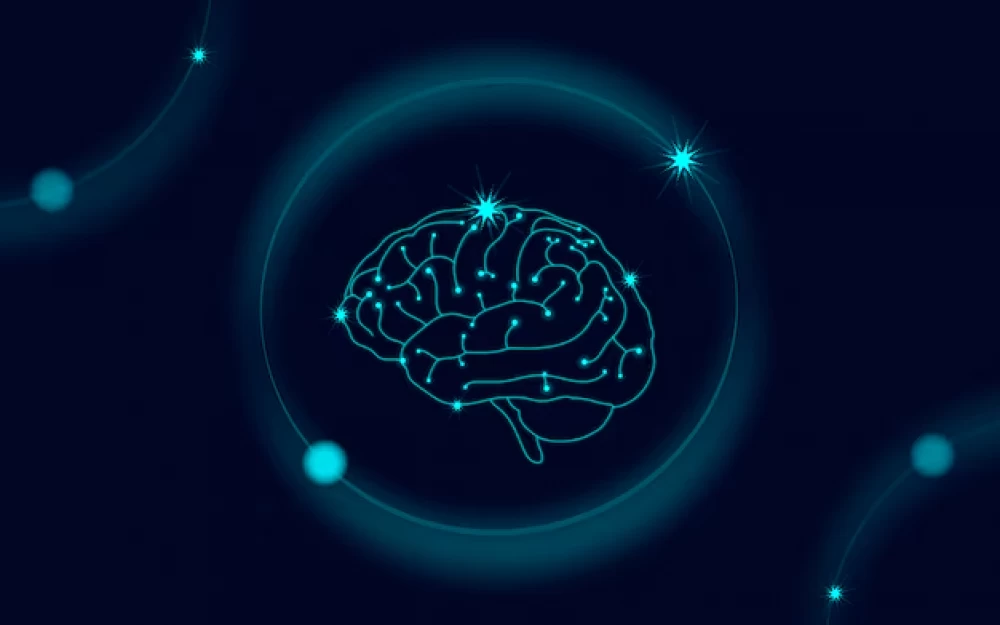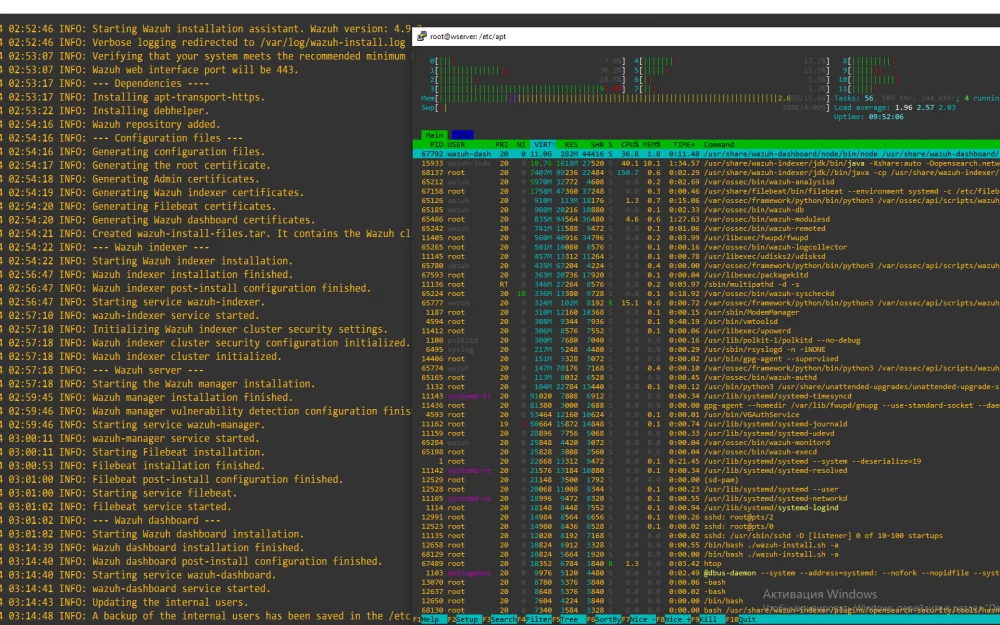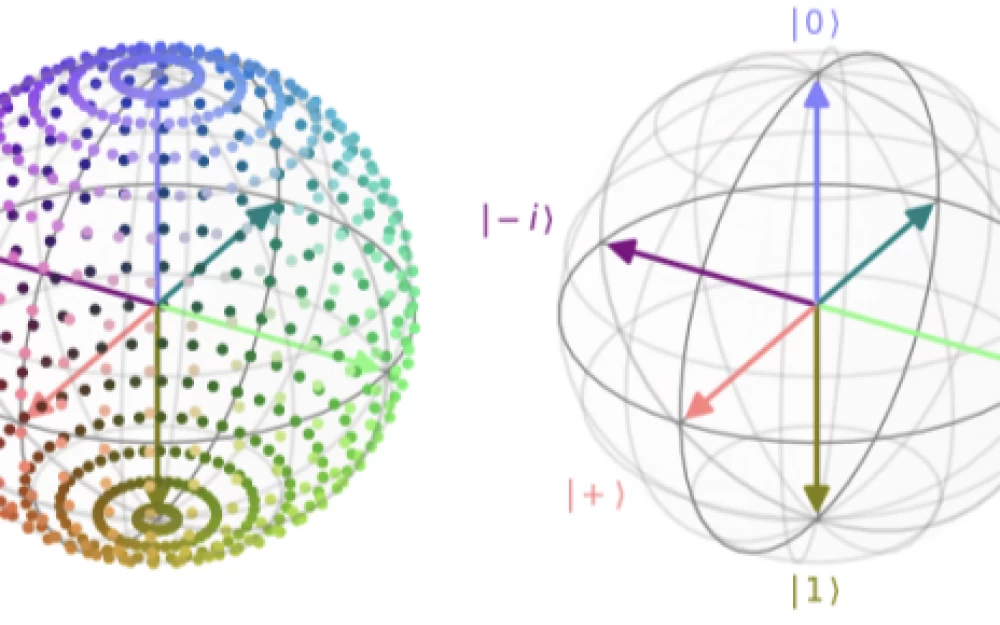- AI
- A
The concept of "System 0": how AI changes human thinking and decision-making processes
The modern world is on the verge of radical changes in how we think and make decisions. One such change is the emergence of "System 0" — a new concept of cognitive interaction between humans and artificial intelligence. A study conducted by a group of scientists led by Professor Giuseppe Riva from the Catholic University of the Sacred Heart suggests considering AI as an external cognitive tool that complements the natural human abilities of intuitive and analytical thinking.
This article, based on the study "Evidence of Human-AI Interaction as Thinking within System 0", published in Nature Human Behaviour, immerses us in the concept of "System 0", its risks and benefits, and also reveals the need for ethical standards in the use of AI to maintain human cognitive autonomy.
Introduction to the concept of "System 0"
In psychology, human thinking is traditionally divided into two types:
System 1 — intuitive, fast, and automatic thinking. It operates at an unconscious level and allows for instant decision-making based on previous experience and intuition.
System 2 — slower and more deliberate analytical thinking, requiring concentration and logic. It is in this system that more complex, reasoned decisions are made.
However, the emergence of AI introduces a new level of cognitive interaction — "System 0", which, according to the authors of the study, can significantly improve our thinking. AI is capable of processing vast amounts of data, offering solutions, and making predictions based on complex algorithms, which go beyond the cognitive capabilities of the human brain. Essentially, AI becomes an external cognitive tool that can significantly enhance the productivity of mental activities.
Just as an external hard drive expands a computer's data storage capabilities, AI can expand human cognitive abilities. This cognitive support is provided in the form of well-founded suggestions that can help a person make decisions faster and more efficiently.
Opportunities and Risks of "System 0"
Like any innovation, "System 0" brings with it both great opportunities and risks. Among the key advantages of using AI as an external cognitive tool are the following:
Processing complex data. AI can quickly and accurately analyze large amounts of information, which helps solve problems that are beyond human cognitive capabilities.
Decision support. Thanks to AI, a person can make more informed and faster decisions, especially in conditions of time constraints or complex situations.
Efficiency and productivity. Automating data analysis and suggesting solutions can significantly increase productivity in various fields, from science to managing social systems.
However, with such capabilities come a number of risks. Researchers emphasize that excessive reliance on AI can lead to a loss of cognitive autonomy. If we start relying on AI without proper critical thinking, we may lose the ability to think independently. An important aspect of interacting with AI remains the need to maintain control over the decision-making process.
Loss of critical thinking
One of the main risks of "System 0" is the possibility of passively accepting decisions proposed by AI. When AI automatically generates suggestions or predictions based on its algorithms, there is a danger that a person will stop challenging these results or analyzing them critically. Professor Giuseppe Riva emphasizes that if people start blindly trusting AI, they risk losing the ability to independently generate innovative ideas and critically approach information.
Transparency and trust issues
Another serious problem is the transparency of AI operations. Today, most complex AI algorithms remain "black boxes" for users. This raises questions about the reliability and accuracy of the decisions proposed by AI. How can we be sure that AI does not process data with bias and does not distort reality?
Special attention is also paid to the problem of synthetic data used for AI training. The use of such data can create artificial results that do not correspond to the real world. In the long term, this can negatively affect decision-making and the perception of reality.
Ethical standards and the role of AI in the future
One of the key findings of the study is the need to develop ethical standards when using "System 0". These standards should be aimed at ensuring that AI enhances human cognitive abilities, but does not undermine the ability of humans to think independently. Transparency, accountability, and digital literacy play an important role in this process.
Teaching people to critically perceive AI operations and correctly interpret its conclusions will become an important task to prevent the risks of excessive dependence on technology. In a situation where AI increasingly influences our lives and decision-making, digital literacy becomes a key skill that will allow people to effectively interact with this new cognitive system.
Prospects and the future
In the future, AI may become an indispensable assistant in solving complex scientific problems, managing social systems, and even creating simulators for robotics and autonomous systems. However, to realize this potential, it is necessary to carefully develop and implement responsible recommendations for the use of AI in everyday life and professional activities.
As the authors of the study emphasize, it is important for people to maintain critical thinking and awareness when using AI. It is this ability to critically comprehend the information received and direct technologies in the right direction that will become a key factor in the success of "System 0".
Conclusion
"System 0" represents a new level of interaction between humans and AI, which can significantly expand human cognitive abilities. However, with the growth of dependence on AI, the risk of losing cognitive autonomy and the ability to think critically also increases. To avoid these risks, it is necessary to develop ethical standards aimed at ensuring transparency, accountability, and digital literacy in working with AI.
Ultimately, the future of "System 0" and its impact on human thinking will depend on how we can direct its development in the right direction and use its potential to improve our thinking without losing critical independence.










Write comment